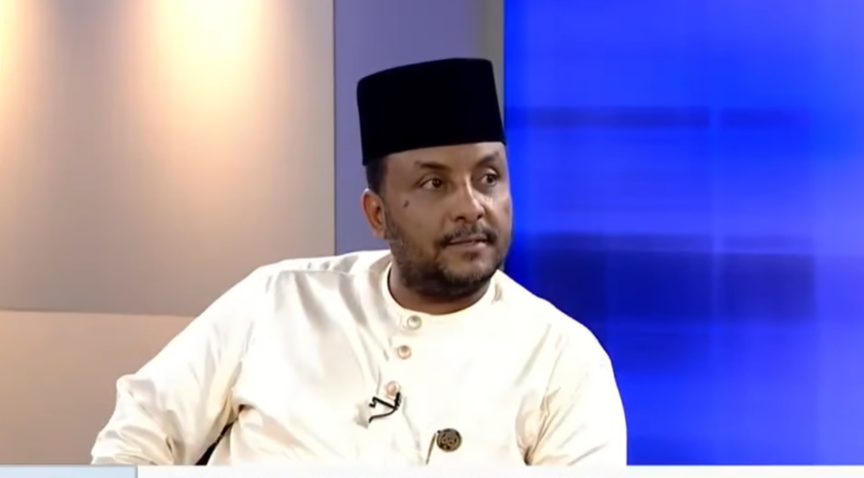A senior figure in Nigeria’s ruling All Progressives Congress (APC) has challenged widespread perceptions of the North’s priorities, arguing that the region’s core challenges stem from internal divisions rather than infrastructural deficits. Alwan Hassan, speaking during a televised interview on Politics Today this week, dismissed claims of a growing rift between Northern Nigeria and the federal government, describing ethnic and religious fragmentation as the region’s most pressing hurdles.
Hassan singled out prominent Northern groups like the Arewa Consultative Forum (ACF) and opposition figures, accusing them of misrepresenting the interests of the region’s diverse population. “We tackled these groups under former President Muhammadu Buhari, and we will do so again,” he asserted, claiming such entities prioritize political influence over grassroots unity. His remarks come amid ongoing debates about resource allocation and equitable development in Africa’s most populous nation.
Contrary to conventional narratives emphasizing roads, power, and public services, Hassan insisted Northern Nigeria’s prosperity hinges on bridging divides. “Infrastructure is not our problem,” he said. “We need unity across ethnic and religious lines.” He highlighted systemic barriers faced by minorities: the Idoma ethnic group in Benue State struggling to secure the governorship, Muslim politicians in Plateau State being excluded from leadership roles, and Christian minorities in Borno State facing similar hurdles. “Our issues are rooted in tribe and religion,” he stressed, advocating for a collective Northern identity transcending these differences.
While acknowledging the region’s economic potential—including vast arable land and 424 local administrative zones—Hassan called for federal partnerships to unlock resources. “Our land is fertile and versatile. Let the government collaborate with us to harness this,” he said, framing economic growth as a byproduct of social cohesion. Analysts note Northern Nigeria’s strategic importance, contributing significantly to agriculture and minerals, yet grappling with insecurity and poverty.
The APC chieftain’s comments reflect deeper tensions in a region historically split along ethnic and religious lines, where competition for political power often exacerbates divisions. Critics argue his stance overlooks systemic neglect of infrastructure and education, factors fueling unrest and migration. However, Hassan’s focus on unity resonates with some grassroots leaders who view fragmented governance as a barrier to development.
As Nigeria navigates economic reforms and security challenges, Hassan’s remarks underscore the complexity of addressing regional disparities in a nation where identity politics frequently shapes policy debates. His appeal for solidarity—and skepticism of established Northern interest groups—highlights evolving fault lines within the APC and broader Nigerian polity.
